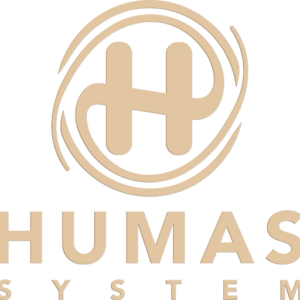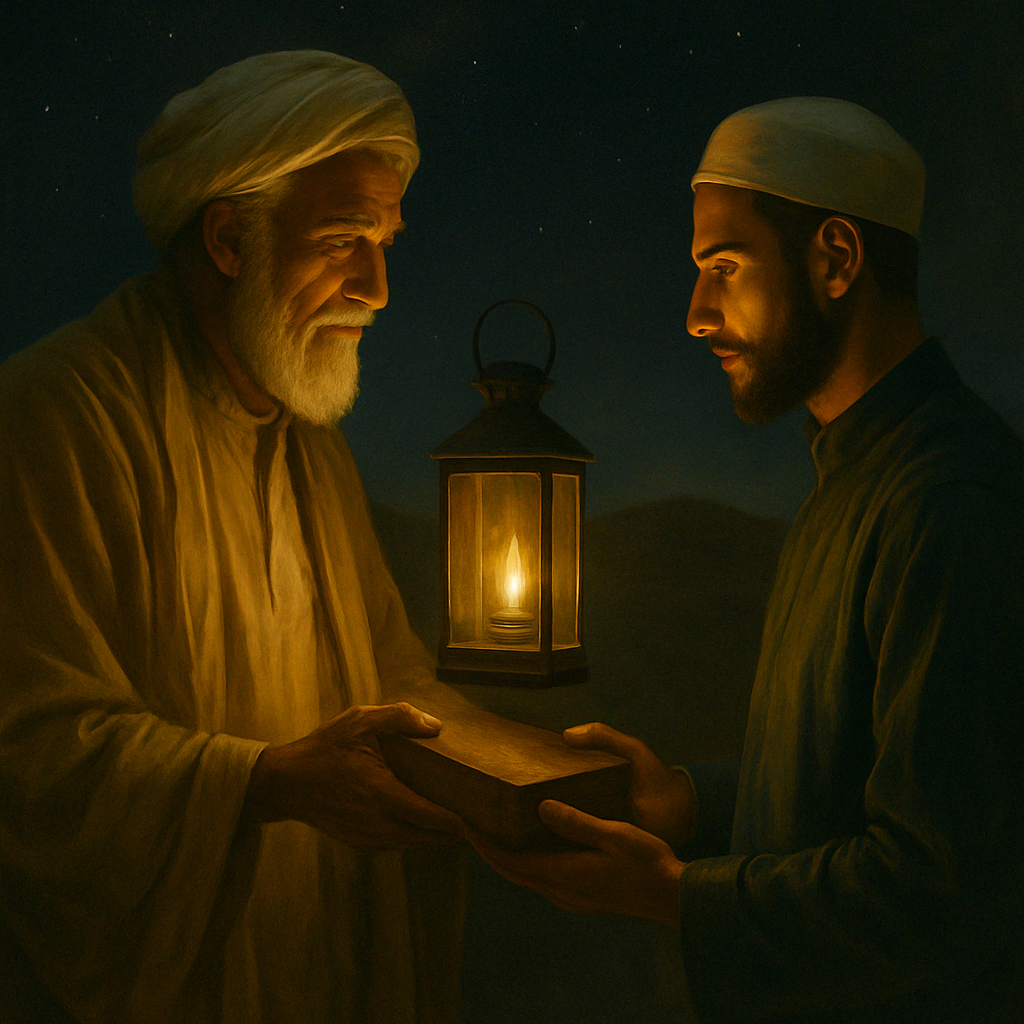Human Capital in Islamic Tradition and HUMAS System
A legacy entering the digital age
Introduction
Human capital is not only about knowledge, experience, and skills.
It is spiritual energy, inner strength, and contribution to society.
In Islamic tradition, this view existed long before the term “human capital” appeared.
Today, we witness how the philosophy of the past meets the tools of the present.
HUMAS System brings attention back to the human being, to their energy, and to fair recognition — now empowered by technology.
What does Islamic tradition teach?
At its core, the Islamic worldview sees the human being not as a resource, but as a carrier of meaning and creative energy.
Every action, even an intention, has weight.
Knowledge, labor, honesty, generosity — these are not just traits, but investments in the eternal.
- Al-Farabi: a person grows through reason and work; society is built on fair contribution.
- Ibn Khaldun: prosperity is impossible without moral foundations and inner development.
- Al-Ghazali: the true value of a human lies in intention and benefit to others.
- Avicenna (Ibn Sina): the health of body, spirit, and mind is one system; service is its manifestation.
Core principles of the Islamic approach:
| Principle | Meaning |
|---|---|
| Niyyah (intention) | Every action is judged by its internal motive |
| Ilm (knowledge) | Learning is a duty; sharing knowledge is a sacred act |
| Amanah (entrusted) | Time, strength, and resources must be used for good |
| Kalam (speech) | Words and knowledge carry responsibility |
| Zuhd (restraint) | Letting go of excess in the name of higher service |
What does HUMAS System offer?
HUMAS System does not copy religious ideas.
It offers a tool that brings these values into the digital era.
- HUNIT — a unit of human energy (1 kWh)
- HUMAScoin — a token reflecting personal contribution and path
- Algorithms include not only labor, but care, education, volunteerism, creation
- Energy is preserved — and can be inherited
Why does this matter today?
The world has forgotten how to measure what matters.
Money has long been detached from labor.
Digital economies often replace value with code.
HUMAS System restores the right to be seen and valued for what we truly contribute.
It is not a religious system.
It is a bridge —
between the philosophy of the past and the technologies of the future.
Conclusion
Islamic tradition teaches:
A human is not a means. A human is meaning.
And HUMAS System adds:
Now that meaning can be recorded, reflected, and passed on.
We are building a system where:
— intention is acknowledged,
— contribution is recognized,
— energy is preserved.
This is the next level of human-centered economy.

